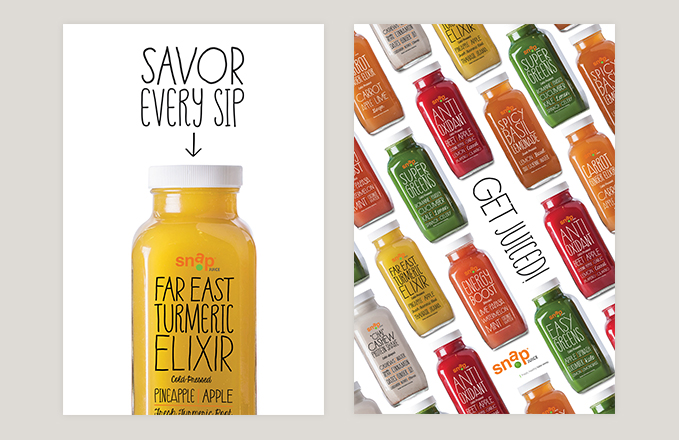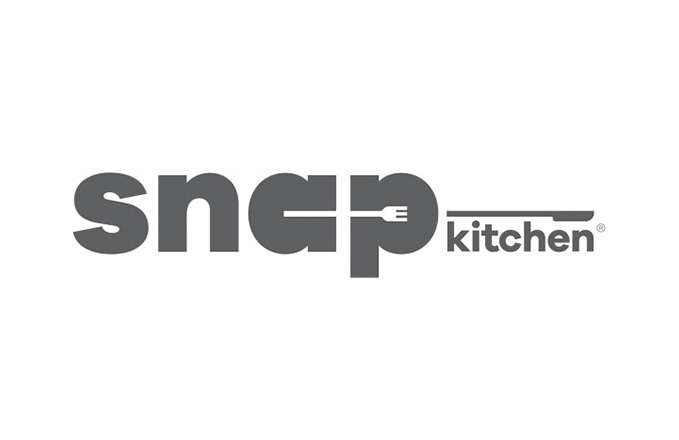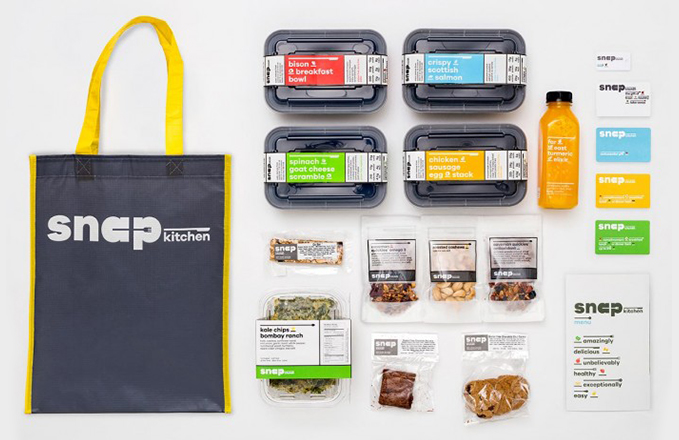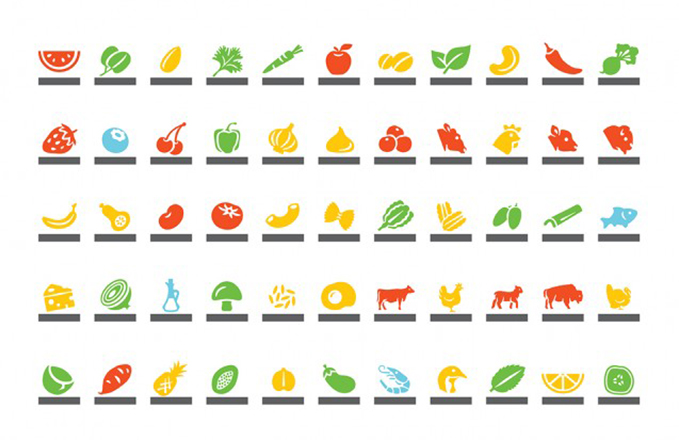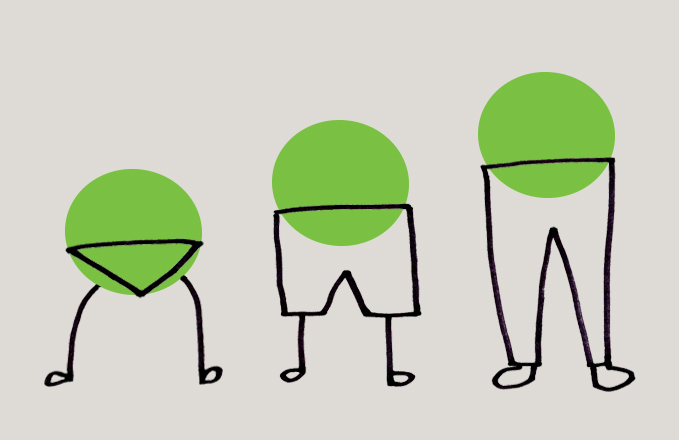
I aspire to develop longterm relationships with clients. Time gives us the opportunity to fine tune a brand as the our tastes and the needs of the audience change. Sometimes the evolution is iterative. We’ll make little improvements on a regular basis so that nothing is ever static. Other times, a brand that we’ve developed will work well for a few years, and then it’s time to rethink it completely.
Of course, not every client relationship is going to be longterm. I don’t expect to be a perfect fit for everyone out there.
Client relationships are like any other kind of relationship. It’s easy to process and move on from brief encounters. There’s no need for a one-off client to explain why they didn’t come back to me for a second or third project. It’s harder to accept when longer term partnerships come to an end. Was it me or them?
The details of the “breakup” matter. Did the client let me know that they were working with someone else? Or did I go to their website one day and discover that my work had simply been replaced? The latter always stings a little.
Most recently, I’ve seen a brand that I had worked on for a long time—Snap Kitchen—grow up without me. I knew this was happening. The business was expanding, and they needed a bigger team to implement a more streamlined brand identity. In this case, I can see that it wasn’t the quality of my work that caused the client to go elsewhere, it was my stature as an independent designer partnering with a small branding firm. We couldn’t compete with Pentagram, the Goliath firm who handled the rebrand. I don’t believe that big firms necessarily do better design work than smaller firms, but they have the clout to push bigger changes through, as well as the resources to implement the changes faster. The effect is a tighter, more cohesive brand system that is palpable from every touchpoint.
Here are some examples of the old branding work that I did with Gallant, along with the new work form Pentagram. I know what you’re thinking: the old work looks younger and less serious than the new work. That’s because our goal was to create a homegrown and decidedly un-corporate identity. The loose typography and the hand drawn icons speak to the craft and individualized care put into each meal.
Previous work:
New work by Pentagram:
Clearly, the positioning has changed. My first response to seeing this new work is to identify what I don’t like. This makes me feel better, at least temporarily. Now that Snap is expanding to multiple cities around the country, I understand that it’s disingenuous to limit the brand to funky, “straight outta Austin” aesthetics. The new branding says, this is the food for the future! These healthy meals aren’t made by hand, they’re engineered to include the exact right amount of calories and macro nutrients to fuel the modern achiever. The new packaging looks like something you’d bring on a Lululemon-sponsored mission to Mars.
So maybe the new work is a little cold, but I also see the beauty in the sci-fi, systematic look. Even though I feel wistful about not having had the opportunity to take a stab at the new brief, it’s still interesting to see how other talented designers treat the brand. The bruised ego part of me says, whoa, look at that clunky logo, what were they thinking? But the more stable part of me says, wow, that’s kind of cool that they went strong with such a memorably odd logo. Mad props! I see all of the wonderful things that the new team added, and I’m proud of their accomplishments. Mostly I’m happy to see that the brand has in fact grown up. The new branding shows me that Snap is taking themselves more seriously, and that they’re ready for a new tier of growth. I can’t wait to see the first Snap Kitchen touch down in NYC!
When brands grow up without me, it helps me see things with a fresh set of eyes.
It reminds me to stay open and alert to new possibilities with existing clients, and it forces me to reflect honestly on past projects. Most important, it makes me grateful for any chance I have to grow with clients. I don’t want to take any relationship or any opportunity for granted.


